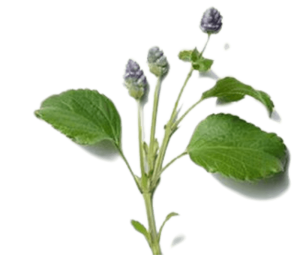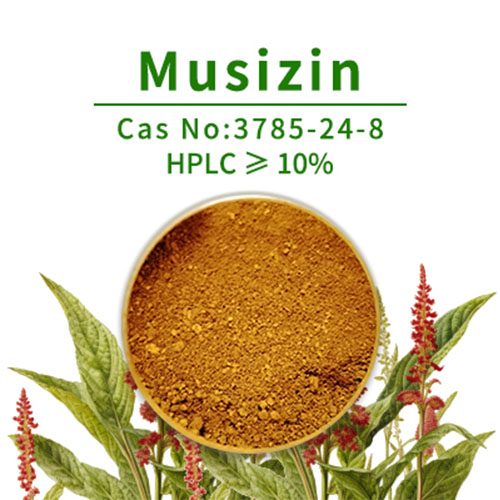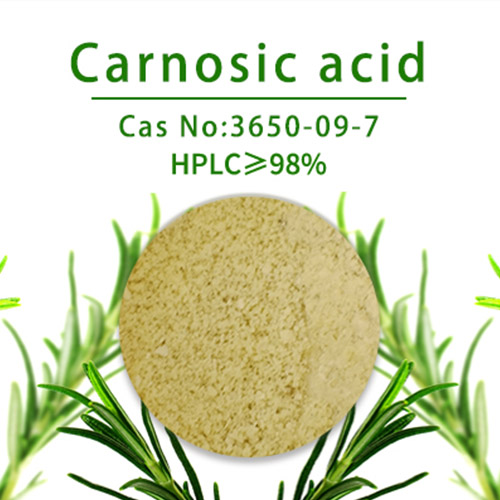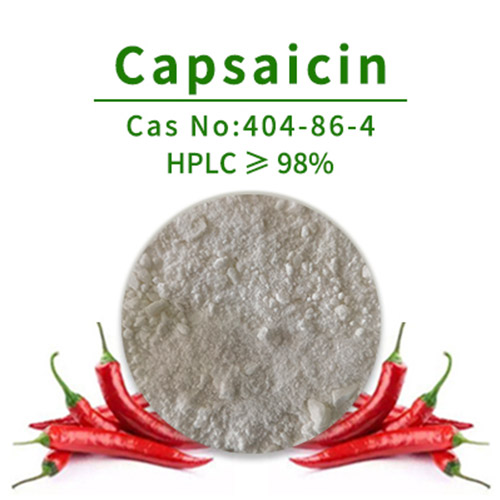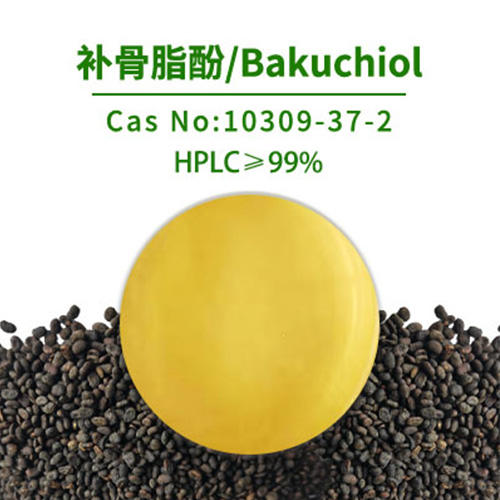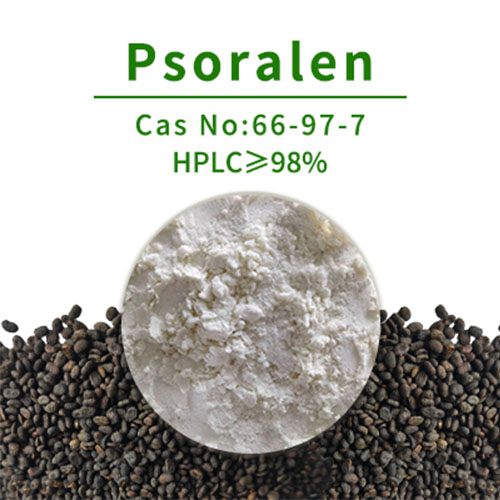Bakuchiol: The Natural Retinol Alternative Revolutionizing Skincare
In the ever-evolving world of skincare, the quest for the perfect anti-aging ingredient has led to the discovery and popularization of various compounds. One such ingredient that has garnered significant attention in recent years is Bakuchiol. Hailed as a natural alternative to retinol, Bakuchiol offers similar benefits without the associated drawbacks, making it a favorite among skincare enthusiasts and professionals alike. This article delves deep into the world of Bakuchiol, exploring its origins, benefits, and potential to revolutionize the skincare industry.
1. Introduction:
Bakuchiol, a plant-based compound, has emerged as a star ingredient in the skincare industry, particularly for those seeking effective anti-aging solutions. Derived from the seeds and leaves of the Babchi plant (Psoralea corylifolia), Bakuchiol is celebrated for its ability to reduce the appearance of fine lines, improve skin texture, and even out skin tone, all while being gentle on the skin. As consumers increasingly seek natural, vegan, and cruelty-free options, Bakuchiol’s rise to fame is hardly surprising.
Traditionally, retinol has been the go-to ingredient for addressing signs of aging. However, its associated side effects, such as irritation, dryness, and increased sensitivity to sunlight, have led to a demand for gentler alternatives. This is where Bakuchiol steps in, offering similar benefits with a much lower risk of adverse reactions. But what exactly makes Bakuchiol so special, and how does it compare to the well-established retinol? Let’s dive in.
2. Origin and History:
To understand Bakuchiol, it’s essential to explore its origins. The Babchi plant, from which Bakuchiol is derived, has been used for centuries in traditional Ayurvedic and Chinese medicine. In these ancient practices, the plant was primarily employed for its healing properties, particularly in treating skin conditions like vitiligo, psoriasis, and eczema. The seeds of the Babchi plant, known as Bakuchi, were used to create pastes and oils that were applied topically to the skin.
The discovery of Bakuchiol’s skincare benefits, however, is relatively recent. It was first isolated from the Babchi plant in 1966, and subsequent research revealed its potential as an antioxidant and anti-inflammatory agent. These properties, combined with its structural similarity to retinol, led scientists to explore Bakuchiol’s potential in skincare. Over the years, various studies have confirmed that Bakuchiol can effectively reduce the signs of aging, improve skin texture, and combat acne, making it a promising ingredient in modern skincare formulations.
3. Chemical Composition and Properties:
Bakuchiol’s chemical structure is what makes it such a potent skincare ingredient. Although it is not chemically identical to retinol, it functions similarly at the molecular level, activating the same receptors in the skin that retinol does. This activation triggers a cascade of cellular processes that lead to increased collagen production, improved skin cell turnover, and a reduction in melanin synthesis, which helps to fade dark spots and even out skin tone.
In addition to its retinol-like effects, Bakuchiol is also rich in antioxidants, which help protect the skin from free radical damage. Free radicals are unstable molecules that can cause oxidative stress, leading to premature aging and skin damage. By neutralizing these free radicals, Bakuchiol helps to preserve the skin’s youthful appearance and reduce the risk of wrinkles and fine lines.
Moreover, Bakuchiol possesses anti-inflammatory and antibacterial properties, which are particularly beneficial for acne-prone skin. Inflammation is a key contributor to acne development, and by reducing inflammation, Bakuchiol can help to calm the skin and prevent breakouts. Its antibacterial effects also target the bacteria that contribute to acne, further reducing the risk of blemishes.
4. Benefits of Bakuchiol:
Bakuchiol offers a range of benefits that make it a valuable addition to any skincare routine. Here are some of the most notable advantages:
Anti-Aging Properties: Bakuchiol is most renowned for its anti-aging effects. By promoting collagen production and enhancing skin cell turnover, Bakuchiol helps to reduce the appearance of fine lines and wrinkles, giving the skin a smoother, more youthful look. Unlike retinol, which can cause irritation and peeling, Bakuchiol is gentle on the skin, making it suitable for all skin types, including sensitive skin.
Improved Skin Texture and Tone: In addition to reducing wrinkles, Bakuchiol also helps to improve skin texture and tone. It works by stimulating the production of new skin cells and reducing the production of melanin, which can lead to dark spots and hyperpigmentation. As a result, Bakuchiol can help to even out skin tone and give the skin a more radiant, youthful appearance.
Benefits for Acne-Prone Skin: Bakuchiol’s anti-inflammatory and antibacterial properties make it an excellent choice for those with acne-prone skin. By reducing inflammation and targeting acne-causing bacteria, Bakuchiol can help to prevent breakouts and keep the skin clear and healthy. Unlike some acne treatments that can be harsh and drying, Bakuchiol is gentle and soothing, making it suitable for regular use.
Compatibility with Sensitive Skin: One of the biggest advantages of Bakuchiol is its compatibility with sensitive skin. While retinol is known for its potential to cause irritation, redness, and peeling, Bakuchiol is much gentler on the skin. This makes it an ideal choice for those with sensitive skin or conditions like rosacea, who may not be able to tolerate retinol or other strong skincare ingredients.
5. Bakuchiol vs. Retinol:
The comparison between Bakuchiol and retinol is a topic of much discussion in the skincare community. Both ingredients offer similar benefits, but they differ in terms of their side effects, tolerance, and overall impact on the skin.
Comparative Benefits: Bakuchiol and retinol both work by stimulating collagen production, increasing skin cell turnover, and reducing melanin synthesis. This means that both ingredients can help to reduce the appearance of fine lines, wrinkles, and dark spots, and improve overall skin texture and tone. However, while retinol is known for its fast-acting effects, Bakuchiol works more gradually, making it less likely to cause irritation or other adverse reactions.
Side Effects and Tolerance: One of the most significant differences between Bakuchiol and retinol is their side effects. Retinol is notorious for causing irritation, redness, peeling, and increased sensitivity to sunlight, particularly in those with sensitive skin. This often requires users to introduce retinol slowly into their skincare routine and limit its use to nighttime to minimize the risk of adverse reactions.
Bakuchiol, on the other hand, is much gentler on the skin. It does not cause the same level of irritation as retinol, making it suitable for daily use, both morning and night. Additionally, Bakuchiol does not increase sensitivity to sunlight, meaning it can be used during the day without the risk of sunburn or other sun-related skin damage.
Scientific Studies and Clinical Trials: Several studies have compared the efficacy of Bakuchiol and retinol, with promising results for Bakuchiol. One notable study published in the British Journal of Dermatology in 2018 found that Bakuchiol was as effective as retinol in reducing signs of aging, such as wrinkles and hyperpigmentation, but with fewer side effects. Participants in the study who used Bakuchiol experienced less skin irritation compared to those who used retinol, highlighting its potential as a gentler alternative.
User Experiences and Testimonials: Consumer feedback on Bakuchiol has been overwhelmingly positive, with many users praising its gentle yet effective nature. Those who have struggled with retinol’s side effects often find Bakuchiol to be a welcome alternative, providing similar anti-aging benefits without the discomfort. Testimonials frequently mention improvements in skin texture, tone, and overall radiance, as well as a reduction in acne and inflammation.
6. How to Use Bakuchiol in Skincare:
Incorporating Bakuchiol into your skincare routine is straightforward, but there are a few best practices to keep in mind to maximize its benefits.
Best Practices for Application: Bakuchiol can be applied directly to the skin after cleansing and before moisturizing. It is typically found in serums, creams, and oils, which can be applied to the face, neck, and décolletage. For best results, apply Bakuchiol to clean, dry skin, and follow up with a moisturizer to lock in hydration.
Morning vs. Evening Use: Unlike retinol, which is best used at night due to its sensitivity to sunlight, Bakuchiol can be used both morning and night. In the morning, Bakuchiol can be applied before sunscreen, providing antioxidant protection throughout the day. In the evening, it can be used to help repair and regenerate the skin overnight. Because Bakuchiol does not increase sun sensitivity, it offers more flexibility in your skincare routine.
Suitable Products and Formulations: Bakuchiol is available in various formulations, including serums, creams, oils, and masks. When choosing a Bakuchiol product, look for those that are free from harsh chemicals and additives, particularly if you have sensitive skin. It can also be combined with other skincare ingredients, such as hyaluronic acid, vitamin C, and peptides, to enhance its effects.
Combination with Other Skincare Ingredients: Bakuchiol works well in combination with other skincare ingredients, allowing you to tailor your routine to your specific needs. For example, pairing Bakuchiol with hyaluronic acid can provide deep hydration, while combining it with vitamin C can help brighten the skin and reduce hyperpigmentation. It’s also safe to use Bakuchiol alongside other active ingredients like niacinamide and peptides, making it a versatile addition to any skincare regimen.
7. Bakuchiol in the Skincare Market:
Bakuchiol’s popularity in the skincare market has skyrocketed in recent years, with an increasing number of products featuring this ingredient. Its appeal lies not only in its effectiveness but also in its natural, vegan, and cruelty-free origins, aligning with the growing consumer demand for clean beauty products.
Popular Products Featuring Bakuchiol: Several brands have launched Bakuchiol-based products, ranging from serums and creams to facial oils and masks. Some of the most popular products include herbivore botanicals’ Bakuchiol Retinol Alternative Smoothing Serum, Ole Henriksen’s Goodnight Glow Retin-ALT Sleeping Crème, and Biossance’s Squalane + Phyto-Retinol Serum. These products are widely available at retailers such as Sephora, Ulta, and online beauty stores.
Trends in Natural and Vegan Skincare: The rise of Bakuchiol coincides with the broader trend towards natural and vegan skincare. Consumers are increasingly seeking products that are free from synthetic chemicals, parabens, and sulfates, and that are produced in an environmentally friendly and ethical manner. Bakuchiol fits perfectly within this trend, offering a plant-based, sustainable alternative to synthetic retinol.
Consumer Demand and Market Growth: The demand for Bakuchiol has driven significant growth in the skincare market, particularly in the anti-aging and acne treatment segments. As more consumers become aware of Bakuchiol’s benefits, its presence in skincare products is expected to continue expanding. Market analysts predict that the Bakuchiol market will grow substantially over the next few years, driven by increased consumer awareness and the ongoing shift towards natural and clean beauty products.
Future Potential in the Skincare Industry: The future of Bakuchiol in the skincare industry looks promising. As more research is conducted on its benefits and potential applications, it’s likely that we’ll see Bakuchiol incorporated into a wider range of skincare products. Additionally, its gentle nature makes it suitable for all skin types, ensuring its appeal to a broad audience. As consumers continue to seek effective, natural alternatives to traditional skincare ingredients, Bakuchiol is well-positioned to become a staple in the industry.
8. Conclusion:
Bakuchiol represents a significant advancement in skincare, offering a natural, gentle alternative to retinol that delivers similar benefits without the associated side effects. Its anti-aging, antioxidant, anti-inflammatory, and antibacterial properties make it a versatile and effective ingredient for a wide range of skin concerns, from fine lines and wrinkles to acne and hyperpigmentation.
For those seeking a skincare solution that is both effective and gentle, Bakuchiol is a compelling option. Whether you’re looking to combat signs of aging, improve skin texture, or address acne-prone skin, Bakuchiol offers a wealth of benefits that can help you achieve your skincare goals. As the demand for natural and vegan skincare continues to grow, Bakuchiol is poised to become a key player in the industry, delivering beautiful, healthy skin without compromise.
So, the next time you’re on the lookout for a new skincare product, consider giving Bakuchiol a try. With its impressive array of benefits and gentle nature, it just might be the skincare ingredient you’ve been searching for.